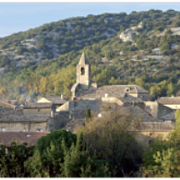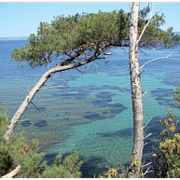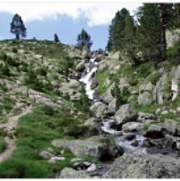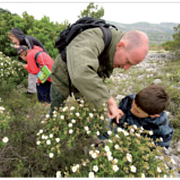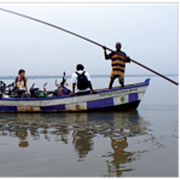France National Committee of IUCN Members
01 August 2012 | Article
Since the last World Conservation Congress in 2008, the IUCN French Committee has developed its activities in 7 main thematic areas and implemented successful actions: biodiversity policies, species, protected areas, ecosystem management, education and communication, Ooerseas territories and international cooperation
Biodiversity policies:
- Contribution to the revision and adoption of a new French Strategy for biodiversity responding to the Aïchi targets;
- Propositions and adoption of new commitments of the French government on biodiversity (Grenelle de l’environnement and Grenelle de la Mer);
- Increased cooperation with regional and local authorities to strengthen their commitments to biodiversity conservation especially trough regional biodiversity strategies
- Signature and implementation of partnerships with 5 major private companies to improve integration of biodiversity in their business strategies.
Species:
- Elaboration of the Red List of the threatened species in France according to the IUCN methodology with publication of many evaluations (mammals, birds, reptiles, amphibians, freshwater fishes, orchids, butterflies, crustaceans…);
- Implementation of a 2nd phase of an initiative on invasive species in French overseas territories to improve knowledge and cooperation among actors to prevent and reduce impacts of invasive species.
Protected areas:
- Contribution to the elaboration of a national strategy for terrestrial protected areas and one for marine protected areas;
- Review of the implementation of the protected areas programme of the CDB in France;
- Assignation of IUCN categories to protected areas in France;
- Expertise on the World Heritage natural sites in France (nomination of the coral reefs of New Caledonia in 2008 and Reunion Island in 2010
Ecosystem management:
- Review of the ecosystem services in France;
- Studies on the renewable energies and their impacts on biodiversity;
- Contribution to the elaboration of the methodology of the new IUCN Red List on threatened ecosystems (case study on wetlands).
Education and communication:
- Organisation of the “Festival of Nature”, each year, with the French IUCN members (NGOs, public agencies) that propose thousands of activities to the public within natural sites;
- Organisation of a national campaign on biodiversity for the International Year of Biodiversity.
Overseas territories:
- Realisation of a new global survey on biodiversity in French overseas territories;
- Contribution to the design of a European policy for biodiversity conservation in overseas territories;
- Studies on mining in French Guiana;
- Support of the French Initiative on coral reefs.
International cooperation:
- Management of the French GEF's Small-Scale Initiatives Programme (SSI) that aims to support civil society projects in African countries working on biodiversity and climate change (more than 70 projects funded);
- Contribution to the revision of the new French policy on tropical forests
Between 2008 and 2012, the membership has grown: France became in 2012 the 2nd country with the highest number of IUCN Members (55). Experts have been involved in activities through the 5 commissions and 8 working groups of the French Committee. 34 recommendations have been adopted by the members during the French Conservation Congress, organized annually by the French Committee, that have contributed to influence the national and international policies of the French government on biodiversity issues. Collaborations have also been developed with IUCN global programmes (marine, species, protected areas, business, education & communication), commissions, regional offices (Europe, Western and Central Africa, Mediterranean) and national committees, especially in Netherlands and Spain.
For more information on the IUCN French Committee: www.uicn.fr
